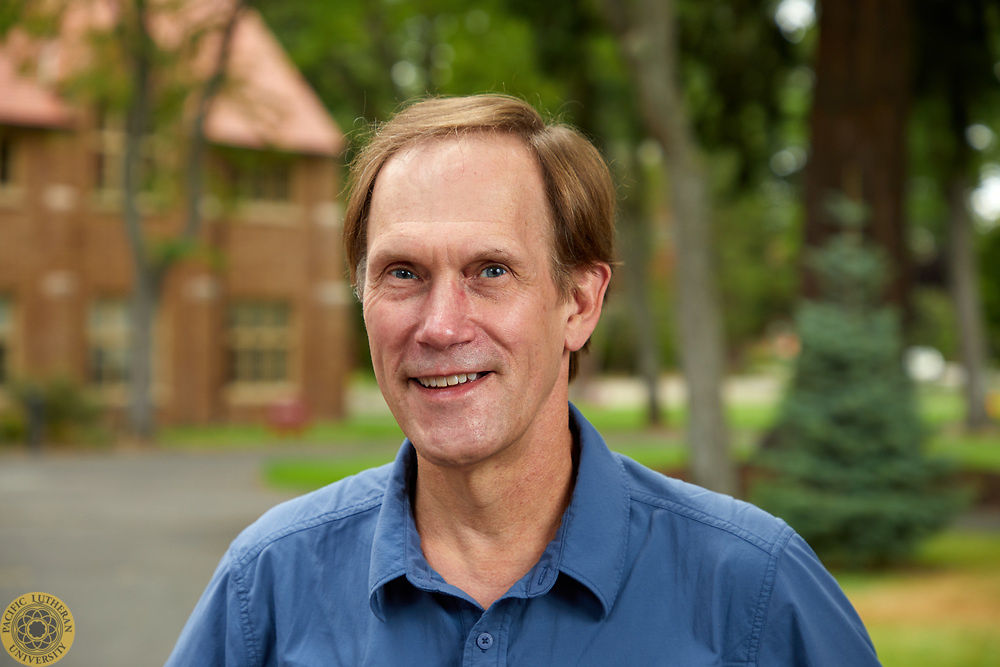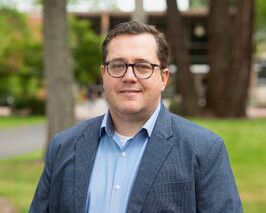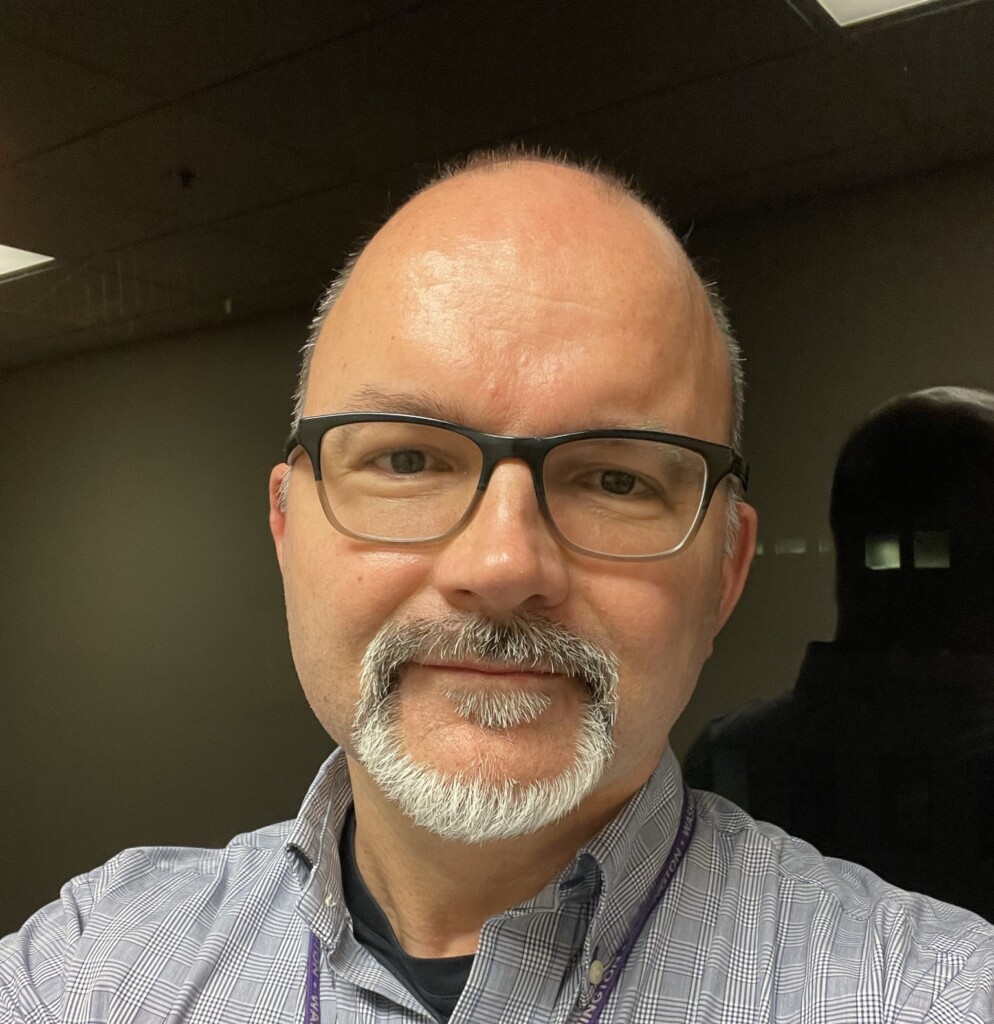Page 22 • (697 results in 0.017 seconds)
-
What is Finance? At its fundamental level, Finance involves the interrelationships among time, value, risk, and how decisions are made concerning resource allocation.
decisions. The PLU Finance student should emerge with the ability to apply financial tools to decisions from all of the business disciplines taught at the PLU School of Business. Finance Concentration Requirements Finance – 20 semester hours BUSA 335 Investments & Portfolio Management (4) BUSA 337 International Finance & Risk Management (4) BUSA 437 Financial Analysis & Strategy (4) BUSA 438 Empirical Finance (4) And 4 semester credits from the following: BUSA 432 Financial Derivatives and Trends (4
-
Over the course of the 10-12 week internship experience you will have the opportunity to: Work directly with a mentor in your field of study while finding solutions to real world problems Experience our products up close by touring state-of-the-art manufacturing and research facilities Interact…
professional network through social events and engaging activities Gain the skills and knowledge to become a future leader in the aerospace industry There are a total of 5 Lab Technician Internships within Boeing Research and Technology labs. Three student intern positions will work in the Chemical Laboratories. Job duties may include preparing materials for test parts, testing of materials and performing chemical analysis on the materials. Materials will range from metal coatings to sealants to paints
-
Eager to expand your research and establish productive collaborations with renowned scientists at a Department of Energy (DOE) National Laboratory? This is your opportunity! Through SRP, faculty and students contribute to multi- and inter-disciplinary research that is changing the world. Berkeley Lab staff are looking…
renowned DOE national laboratory scientist and other faculty and students. Some of the exciting research areas include: AI for chemistry and materials Science, computer science, and math for quantum computing Acceleration and predictions for climate change Ice sheet modeling Deep phylogeny Gravitationally Lensed Supernovae Multiphysics modeling and simulation Distributed performance analysis and optimization Hardware architectures and accelerators Cybersecurity for high performance computing Machine
-
The Oregon Center for Electrochemistry’s masters-level internship program attracts chemistry, physics, biology, and engineering students and provide nationally unique training including rigorous foundational electrochemical theory, team- and inquiry-based laboratory work, numerical simulation and engineering of electrochemical systems, and experience tackling industry-sponsored, team research projects. Concepts…
research projects. Concepts in data analysis and statistical design of experiments (e.g. MatLab, Python, JMP) are incorporated throughout the coursework. Electrochemical content is coupled with professional and communication skills development, as well as elective coursework focused on target career areas (materials science, bio-medicine, energy, etc.). After 6 months of accelerated immersion coursework and a 9 month industry internship, graduates are ideal “T-shaped” employees that can tackle complex
-

Professor of Chemistry | Department of Chemistry | waldowda@plu.edu | 253-535-7533 | Application of Ring Opening Metathesis Polymermization to Polymer Battery Electrolytes and other membranes Use of macro and microphase separation techniques in energy related materials Statics and kinetics of phase separation in multi-component polymer blends both in bulk and as thin films Physical characterization technique include: light scattering optical and atomic force microscopy neutron scattering Monte Carlo techniques Use of metathesis, anionic, and controlled radical synthetic techniques to produce new materials for macro and microphase separation applications Polymer/structure relationships studied via spin-lattice relaxation measurements of local segmental dynamics in polymers Promoting the teaching and learning of research in an undergraduate setting via incorporation of research activities in traditional courses development of Internet resources for undergraduate research an active and externally funded local undergraduate research program Incorporation of information technology in lecture and laboratory settings .
– Physical Chemistry Lab I CHEM 342 – Physical Chemistry II CHEM 344 – Physical Chemistry Lab II CHEM 410 – Intro to Research CHEM 420 – Instrumental Analysis (also previous version: CHEM 435) CHEM 456 – Polymers and Biopolymers CHEM 499 – Capstone: Seminar (also previous versions: CHEM 460 and CHEM 490) Professional Memberships/Organizations American Chemical Society American Physical Society Council of Undergraduate Research Biography Application of Ring Opening Metathesis Polymermization to Polymer
Office HoursMon: 8:00 am - 9:00 amThu: 2:30 pm - 3:30 pmFri: 1:30 pm - 2:30 pmMon - Fri: - -

Assistant Professor of Education | School of Education | jwright@plu.edu | John Wright teaches special education methods courses, as well as courses in assistive technology, autism, and behavior management.
Childhood Special Education Applied Behavior Analysis Selected Articles Wright, J., Barker, A., Himes, D., & Schaeffer, B. "Inclusive practices to teach preschoolers coding and robotics." Manuscript in preparation. 2023: Wright, J., Knight, V., & Barton, E. "A review of video-based modeling to teach STEM to students with autism spectrum disorder and intellectual disability." Research in Autism Spectrum Disorders. 2020: doi:10.1016/j.rasd.2019.101476 . Wright, J., Knight, V., Barton, E., & Edwards-Bowyer
Contact Information -
“Tyranny of Oil” author to appear at PLU A nationally-known expert and critic of Big Oil will speak at PLU on Saturday, October 18, at 7:30 p.m. in Xavier Hall, Nordquist Lecture Hall, off Park Avenue South. The address is free and open to the…
Georgetown University as well as a degree in public policy from Brown University. She has been associate fellow at the Institute for Policy Analysis and Ida Tarbell Fellow at Oil Change International, and is also the author of “The Bush Agenda” (William Morrow, 2006). Juhasz has served as congressional aide to two members of Congress and as the project director of the International Forum on Globalization. She has published in the New York Times, the International Herald Tribune, and the Los Angeles Times
-
“Killer Drones: The Good, The Bad, and The Ugly” A screening of “Killer Drones: The Good, The Bad, and the Ugly” will take place at 7 p.m., Nov. 8 in the Scandinavian Cultural Center. The film will be followed by a short response by Pauline…
. And all the empirical evidence shows that drones tend to be more accurate. We need to shift the burden of the argument to the other side. Why not do this? The positive reasons are overwhelming at this point. This is the future of all air warfare. At least for the US.’ ” “When I started studying this topic I didn’t know this would be my conclusion. But that’s where my analysis led me.” Read Previous Adapting to the advancements of modernity Read Next PLU named top producer of Fulbright by The
-

Assistant Professor of Social Work | Department of Social Work | rwinnett@plu.edu | 253-535-7144 | Dr.
collaborative behavior and safety” (Studies in Clinical Social Work, 2024) and “The experiences of hospital social workers who care for homeless patients: An interpretive phenomenological analysis” (Social Work in Health Care, 2022). His research interests include the care of unhoused hospital patients, clinical intervention in hospitals, and health care social work on a global spectrum.
Office HoursTue: 12:00 pm - 1:30 pmWed: 10:00 am - 11:30 am -
Using Keywords to Reflect Writing Pedagogy Writing-related words and references to a writing handbook highlighted on a syllabus help students recognize the writing and learning skills the course
research, evaluating sources, integrating source materials into their own writing, and attribution of sources through the use of a style guide. Below are suggestions for sequencing assignments: Use readings to help generate ideas, as models, and as resources for the vocabulary and tools of the larger conversation; you might sequence readings to move from expressive and personal pieces to analysis essays to argumentative and synthesizing articles. Sequence assignments to build on rhetorical strategies
Do you have any feedback for us? If so, feel free to use our Feedback Form.


